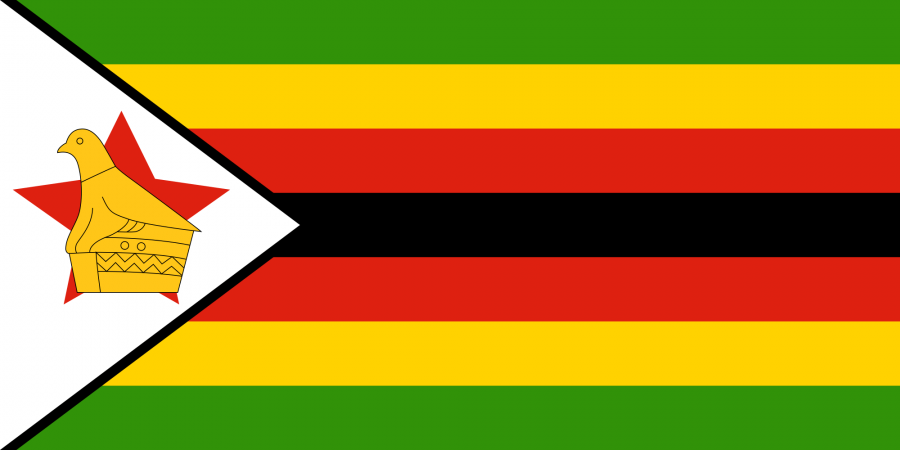World News: Zimbabwe
Across the world, the hunting of big game has become an extremely frowned upon practice. Because of the rapidly changing world that we live in, as well as because of poachers and other hunters, many wild animals across the world are facing the threat of extinction.
Poaching animals, sadly a very common practice, has sparked huge controversy around the world, even attracting attention from A-list celebrities. Nevertheless, there are still some individuals who believe that it should be legal to hunt big game, as, recently in Africa, the death of a huge elephant has sparked debate.
According to an article entitled “Treasure or trophy? Legal hunts for big elephants spark ferocious debate” written by Robyn Kriel and Don Melvin, reportedly, one of the largest recorded elephants in Africa was killed legally by poachers by a German hunter who, according to the Telegraph, a British newspaper, paid $60,000 to hunt the animal.
The article further reported that, as the elephant was hunted in Zimbabwe, it was legal as the area allows controlled hunting. Other areas in Africa such as Tanzania, South Africa, Zambia, Mozambique and other countries allow restricted hunting, which, usually, is limited to quotas from that government that professional hunters take bids on. Nevertheless, although hunting big game is legal, there are restrictions.
The article further reported that “Hunters may not kill endangered animals, and certain ethical considerations prevail. It’s considered unethical, for example, to hunt a young bull elephant who can probably still mate. And it’s illegal to kill young females who might be nursing a baby.”
Accordingly, because the elephant was a regulated animal for hunting, which had none of the qualifications to be considered an unethical killing, the death of the animal isn’t considered poaching.
However, the killing of the large animal has created controversy, as, according to the article, “Conservationists and many professional guides say great tusker [the elephant] should not have been killed. They say the bull elephant killed in Zimbabwe was a tourist attraction, and had most likely wandered across an invisible line separating the national park from a hunting concession where it became fair game for hunters.”
One of the main arguments that both hunters and conservationists are arguing about regarding the death of the elephant is how the elephant could have generated revenue if it was still alive. The article reported that conservationists believe that the elephant could have generated more money if it was still alive, as the huge animal would be a huge tourist attraction that many would have paid to see.
On the opposing side, hunters argued that using the elephant as a trophy animal actually brings in more revenue for the surrounding communities, as the hunt cost thousands of dollars that’s generated back into the local economy. They argue that this helps the economy of Zimbabwe, as, the article reported, the country is in dire economic restraint. Nevertheless, although the dead elephant may have the capacity to generate money in the region, the article further describes how conservationists are rejecting this argument, as, accordingly, they claim that an alive elephant would be able to bring in more money that an elephant that has been killed, as, reportedly, “you can shoot an animal only once, and once you have, you lose forever the enjoyment of looking at it.”
Because of the fact that conservationists see the practice of hunting as unethical, regardless of whether or not the killing was legal, they are trying to push for a ban on the hunting in its entirety.

